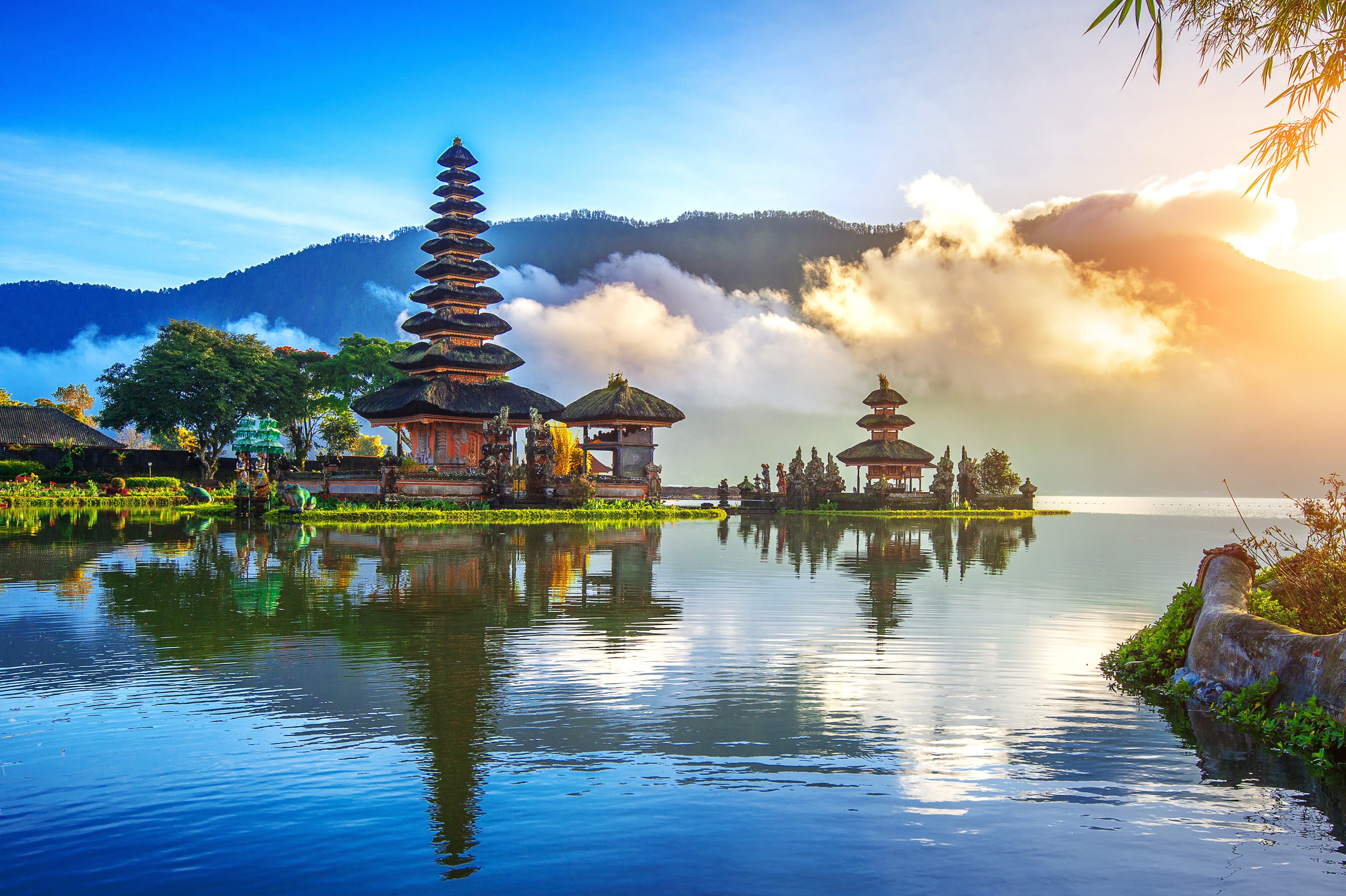
Indonesian Translation Services
Trusted Translations is a competitive supplier of Indonesian translation services. For projects requiring translations between Bahasa Indonesia and English or other Asian and European languages, our well-trained staff deliver accurate translations that are also culturally sensitive.

Indonesian Translation Services
Trusted Translations is a competitive supplier of Indonesian translation services. For projects requiring translations between Bahasa Indonesia and English or other Asian and European languages, our well-trained staff deliver accurate translations that are also culturally sensitive.
Expert Indonesian Localization
Bicultural more than just bilingual, our linguists are experts in localizing translations for specific communities within tight timeframes. This is a particularly valuable talent in a country as geographically fragmented as Indonesia: an archipelago that is home to over 300 ethnic groups, many with their own languages.
About Bahasa Indonesia
The official language of Indonesia is Bahasa Indonesia, used nationwide as a lingua franca. Spoken by more than 230 million people, it is derived from a variety of sources, including Sanskrit, Malay, Arabic, and Dutch. Although written in the Latin alphabet, it has eighteen consonants and five vowels, with some modifications representing sounds not found in English.
Indonesian Variations, Dialects, and Other Languages
Too heterogeneous to classify as an entire market, the Indonesian population is about 40.2% Javanese, 15.5% Sundanese, 3.58% Batak, 3.22% Sulawesi ethnic groups, 3.03% Madurese, and 2.88% Betawi. The remaining 31.59% consists of multiple ethnic groups that are even smaller.
With its scattered topography (five main islands and some thirty smaller archipelagoes), it’s no surprise that Indonesians developed a host of dialects over the centuries. Just as an example, 114 Indigenous languages are spoken on the island of Sulawesi alone (which is just a bit smaller than Great Britain).
- Javanese is spoken by some 85 million people—the Orang Jawa—living mainly on the island of Java and forming the largest ethnic group in Indonesia. A member of the Austronesian (Malayo-Polynesian) language family, the tonal pitch of its twenty vowels and 31 consonants may be daunting to Western ears.
- Sundanese is found mainly in the highlands of western Java, spoken by about 32 million people. Although the Orang Sunda are devout Muslims, some pre-Islamic ideas still permeate their rituals.
- Batak is spoken by some six million descendants of a powerful Proto-Malayan people, living in relative isolation in the highlands around Lake Toba in northern Sumatra.
Economic Overview
With a GDP that’s tipped to top USD 9.1 trillion and an economy ranking fourth worldwide by 2045, Indonesia is the largest emerging market in Southeast Asia. With across-the-board growth of over 5% a year, its Internet economy is soon expected to reach USD 130 billion.
A middle-income country, this newly industrialized G20 member is a major crude oil and natural gas exporter, balanced by imports of refined petroleum products and medications. Total exports could top USD 300 billion by 2024, particularly other commodities like copper, bauxite, and tin.
It’s also a heavyweight supplier of rubber, coffee, cocoa, and palm oil.
Doing Business in Indonesia
Steering toward a more modern, industrial, and service-oriented economy, government plans and policies encompass new infrastructure, while driving sustainable growth through business-friendly taxes. Larger towns are developing into specialized hubs for electronics, machinery, and the automotive industry, with added attention to the hospitality and tourism sector spurred by several UNESCO world heritage sites.
Despite all these advantages, Indonesia’s business environment is not easy to navigate, when unfamiliar with the local culture, complex regulations, and sector-specific requirements. This is where bicultural translation services—like those offered by Trusted Translations—are worth their weight in gold, cutting costs and saving time on navigating complex issues like permits and licenses. They’re also a great help in developing the personal networks that are so important for doing good business in Indonesia.
